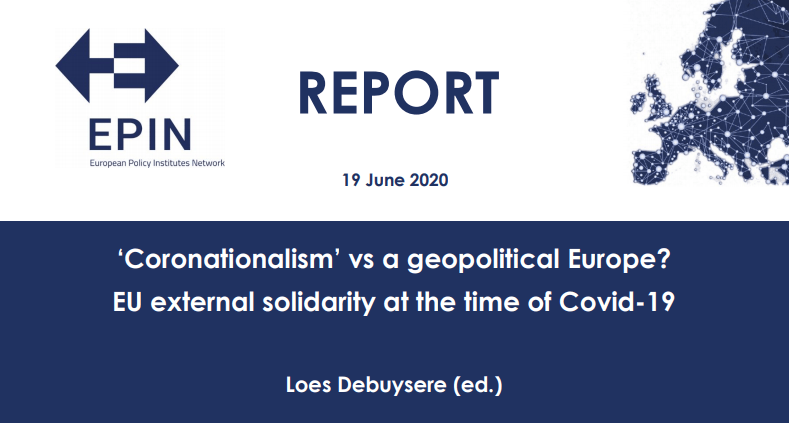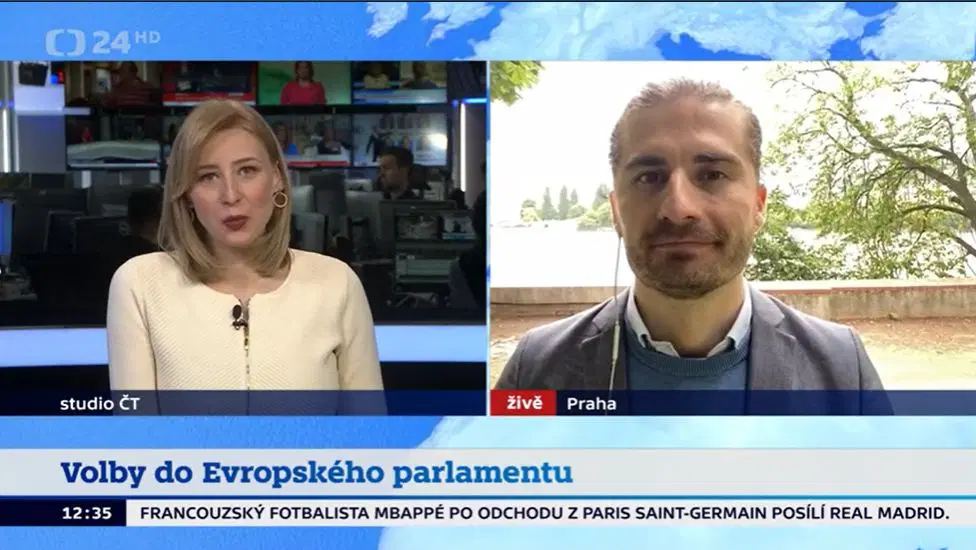"Koronacionalismus" vs geopolitická Evropa? Vnější solidarita EU v době pandemie COVID-19

EU member states have been discussing how to collectively deal with the socioeconomic repercussions of the Covid-19 pandemic. As major debates continue to take place about internal solidarity, the question arises how the EU and its member states wish to support third countries, outside the EU, in tackling their health and economic emergencies. On the one and, the EU wishes to become a geopolitical power, which requires that the Union and its member states step up their role and support on the global scene. On the other hand, there are signs of ‘coronationalism’ with some national political parties questioning EU external aid at a time when member states themselves are struggling. Based on expert contributions from a representative cross-section of thirteen member states, this report delves into the question of whether and how external solidarity has been part of the political or public debates in Covid-struck Europe. It finds that, for now, neither ‘coronationalist’ nor geopolitical ambitions dominate the relatively little politicized debates about international cooperation and development aid.
While global powers increasingly use humanitarian aid as an instrument of soft power during the COVID-19 pandemic, the question of external solidarity and support for third countries is mostly absent from the political and public discourse in Czechia.
In those cases where external solidarity is publicly debated, it is predominantly invoked by political actors that surf on populist, nationalist and insular waves, and predominantly as a one-way street favouring the Czech Republic. As the focus during the pandemics is primarily inward-looking, these political actors are not only in favour of autarkic solutions and against intra-EU forms of solidarity, but also refuse forms of external solidarity and support for third countries, in particular the non-repayable ones.
Celý komentář si můžete přečíst skrze tlačítko PDF vpravo.
Další publikace sítě EPIN, jejímiž jsme členy, najdete zde.






